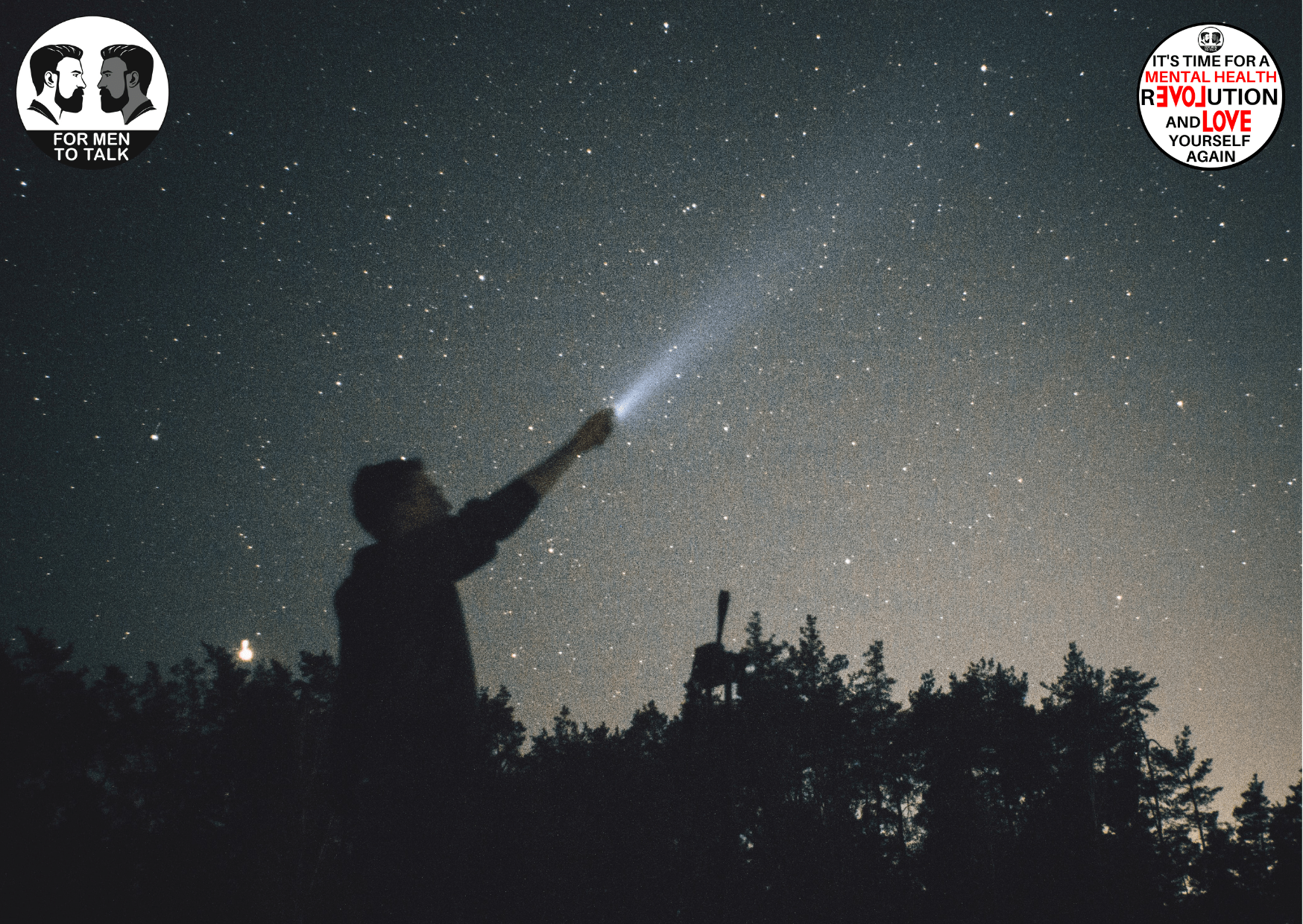Shedding light on men’s mental health: Confronting the fear of the dark

Fear of the dark is a primal instinct, deeply ingrained in human psychology since ancient times when our ancestors roamed the earth amidst shadows and unknown dangers. While this fear is common among all demographics, its impact on men’s mental health often goes unacknowledged and unaddressed. The stigma surrounding male vulnerability and emotions often leads men to internalise their fears, exacerbating the negative effects on their mental well-being.
Growing up, boys are often taught to suppress their emotions, to be tough, and to hide any signs of fear. This societal pressure to conform to traditional masculine ideals creates a breeding ground for unresolved psychological issues. For many men, the fear of the dark becomes a symbol of weakness, something to be ashamed of rather than acknowledged and addressed.
In reality, the fear of the dark is not just about being afraid of what lurks in the shadows; it’s a manifestation of deeper anxieties and insecurities. Men, like all humans, have a natural instinct for self-preservation. The darkness represents the unknown, triggering primal instincts linked to survival. However, when this fear becomes overwhelming and persistent, it can evolve into a more profound psychological issue, such as anxiety or depression.
Moreover, the fear of the dark often intersects with other mental health challenges that men face. Research suggests that men are less likely than women to seek professional help for mental health issues. The fear of being perceived as weak or vulnerable prevents many men from reaching out for support, leading to a cycle of isolation and worsening mental health.
Furthermore, the fear of the dark can exacerbate existing mental health conditions, such as post-traumatic stress disorder (PTSD) or panic disorders. For individuals already struggling with these issues, the darkness can trigger intense episodes of anxiety or flashbacks, making it even more challenging to cope with daily life.
It’s essential to recognise that addressing the fear of the dark is not just about overcoming a specific phobia but about confronting broader societal attitudes towards men’s mental health. Breaking down the stigma surrounding male vulnerability is crucial in creating a supportive environment where men feel comfortable seeking help when they need it.
Encouraging open conversations about mental health and providing resources for support are crucial steps in addressing the fear of the dark and its impact on men’s mental well-being. Therapy, support groups, and self-care practices can all play a role in helping men confront and manage their fears in a healthy way.
Additionally, education and awareness initiatives aimed at challenging traditional gender norms and stereotypes can help shift societal attitudes towards masculinity and mental health. By promoting acceptance and understanding, we can create a culture where men feel empowered to acknowledge their fears and seek the support they need to overcome them.
In conclusion, the fear of the dark is not just a childhood phobia; it’s a complex issue deeply intertwined with men’s mental health. By breaking down stigma, promoting open dialogue, and providing support, we can help men confront their fears and cultivate a healthier relationship with their mental well-being. It’s time to shine a light on men’s mental health and create a more inclusive and supportive society for all.